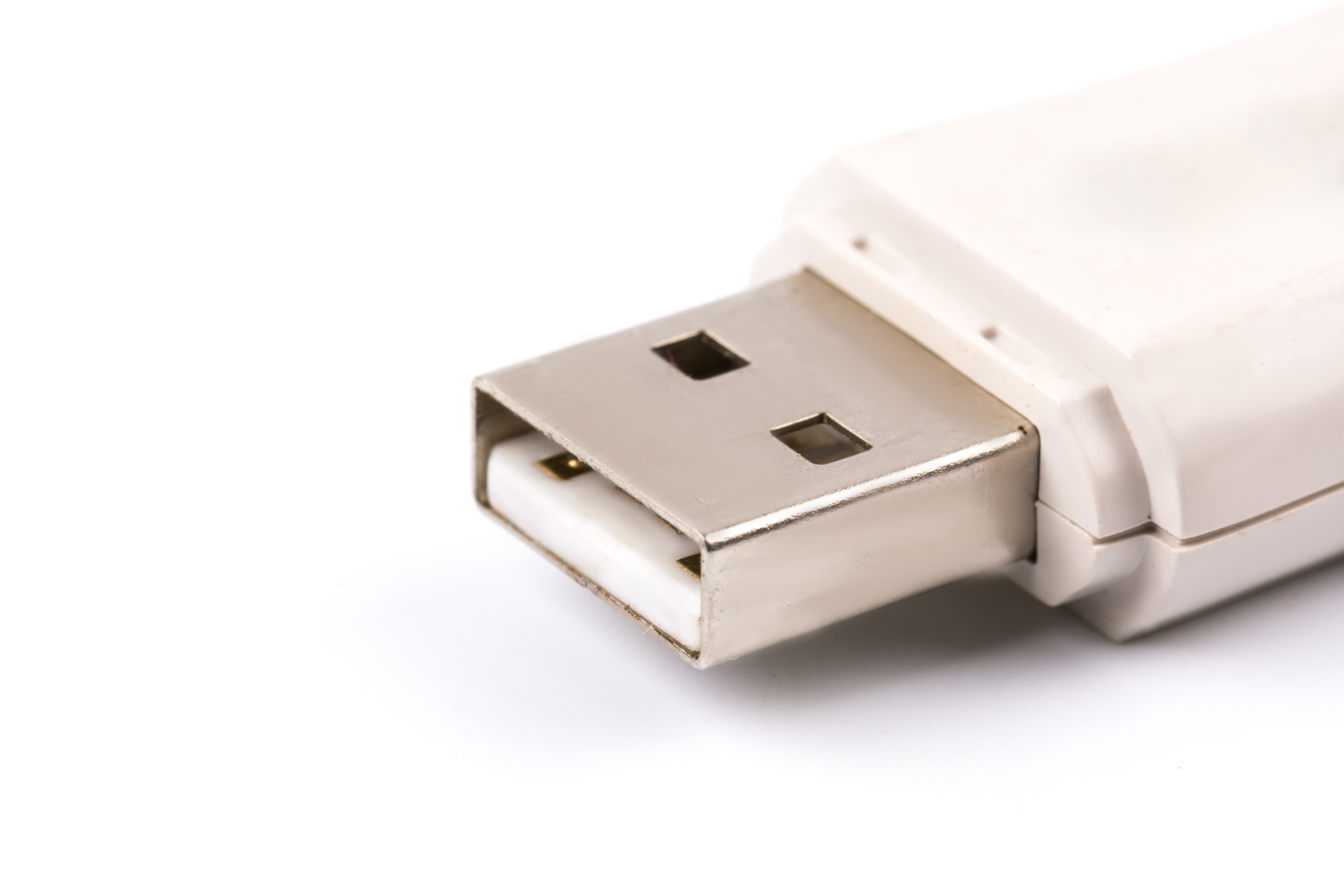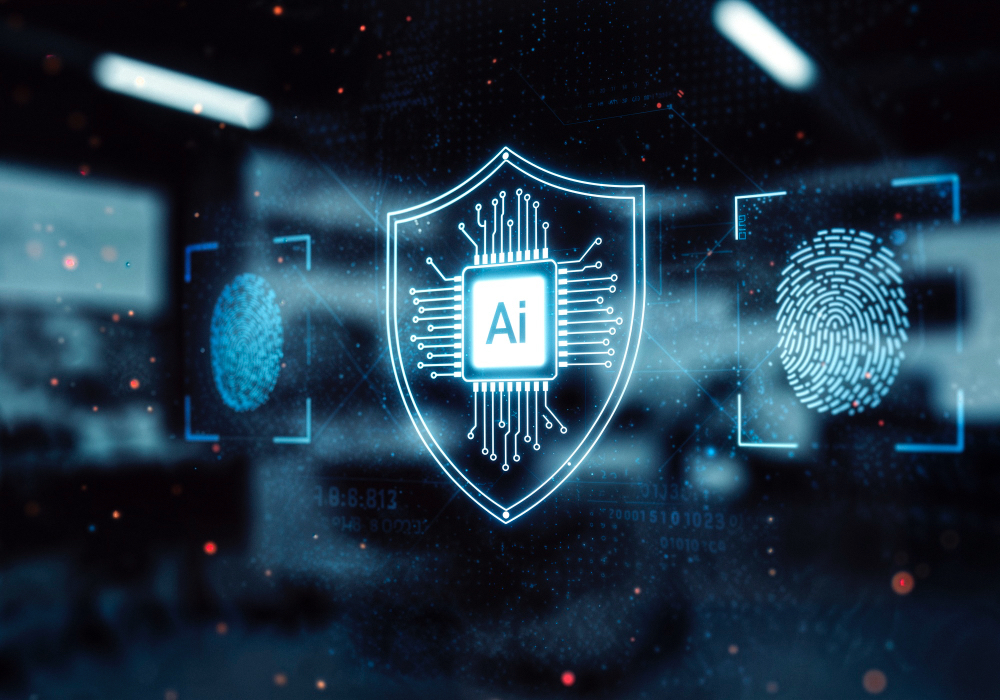Poised to become a global AI powerhouse, South Korea has the right foundations in place: advanced semiconductor production, robust digital infrastructure, and a highly skilled workforce.
OpenAI’s new Economic Blueprint for Korea sets out how the nation can turn those strengths into broad, inclusive growth through scaled and trusted AI adoption.
The blueprint builds on South Korea’s growing momentum in frontier technology.
Following OpenAI’s first Asia–Pacific country partnership, initiatives such as Stargate with Samsung and SK aim to expand advanced memory supply and explore next-generation AI data centres alongside the Ministry of Science and ICT.
A new OpenAI office in Seoul, along with collaboration with Seoul National University, further signals the country’s commitment to becoming an AI hub.
A strategy that rests on two complementary paths: building sovereign AI capabilities in infrastructure, data governance, and GPU supply, while also deepening cooperation with frontier developers like OpenAI.
The aim is to enhance operational maturity and cost efficiency across key industries, including semiconductors, shipbuilding, healthcare, and education.
By combining domestic expertise with global partnerships, South Korea could boost productivity, improve welfare services, and foster regional growth beyond Seoul. With decisive action, the nation stands ready to transform from a fast adopter into a global standard-setter for safe, scalable AI systems.
Would you like to learn more about AI, tech and digital diplomacy? If so, ask our Diplo chatbot!










